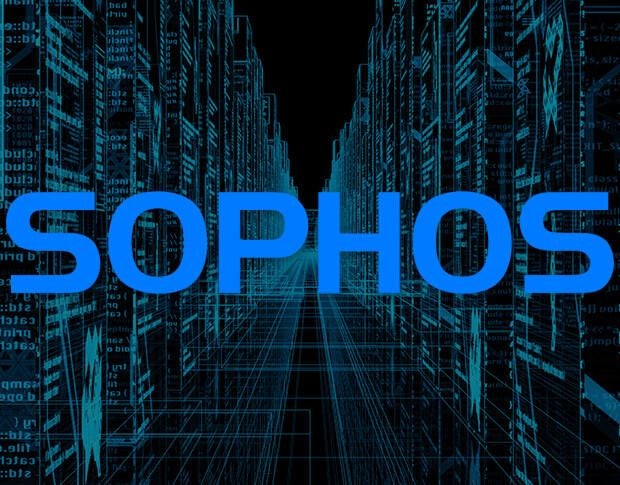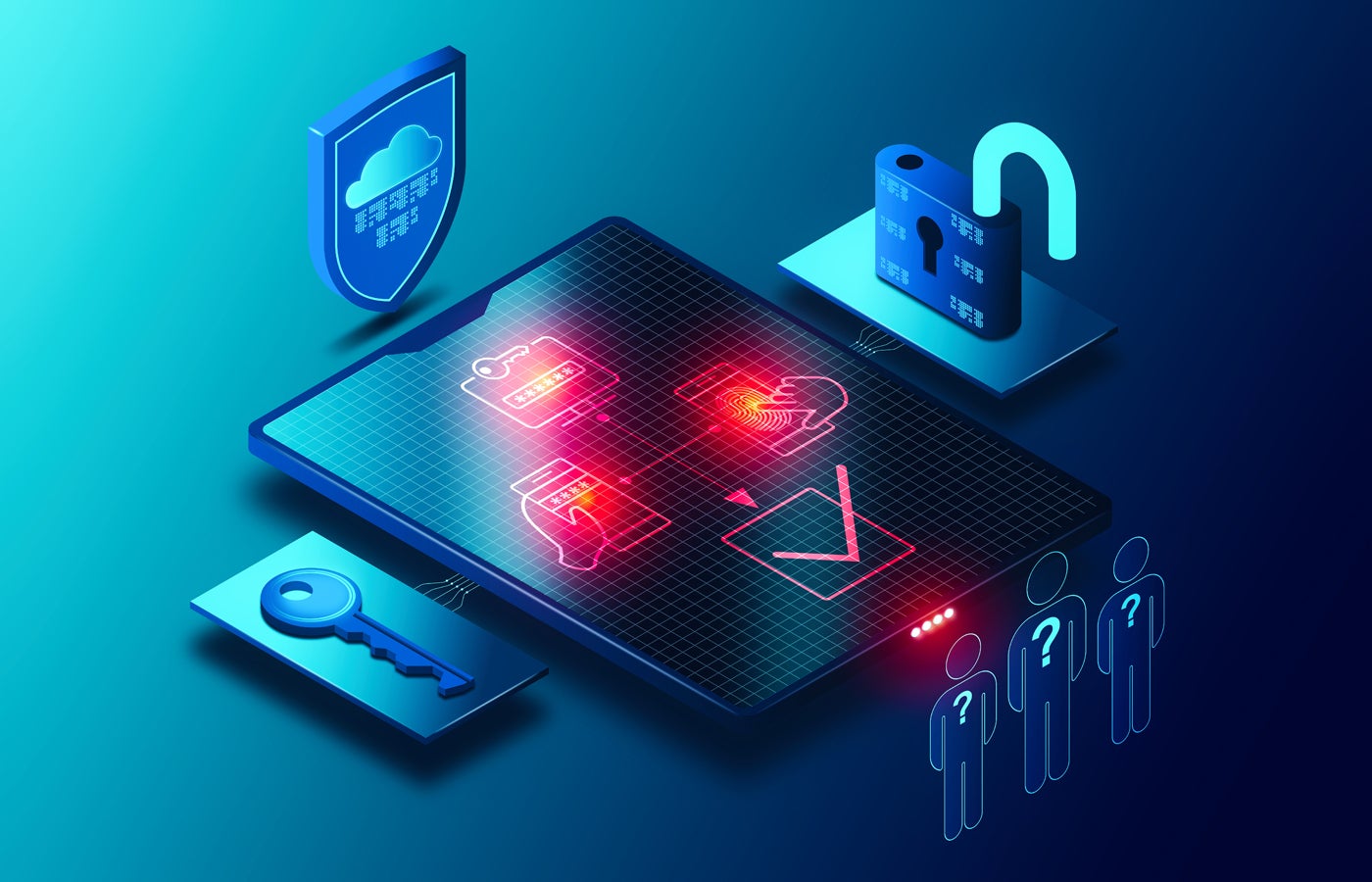After saving millions of dollars by enabling public servants to operate remotely, the Brazilian government has developed a system to enable planning, monitoring and control of work carried out in that format.
Developed in-house, the system is now available to bodies under the Ministry of Economy, however the intention is that the system is rolled out more broadly across government. The release of the system follows the framework for remote working published by the Brazilian government in October, which sets out basic guidance but also enables the Ministry’s organisations to develop their own management programs in relation to remote work.
Beyond the Ministry of Economy, various other government bodies are implementing other remote working management systems made available through the Brazilian Public Software Portal. The process that has been occurring through a collaborative effort aimed at providing mutual support across the various public sector bodies that are implementing such systems, as well as the continuous improvement of these platforms.
In order to support the government departments and bodies looking to evolve their remote working management approach, the Special Secretariat for Debureaucratization, Management and Digital Government at the Ministry of Economy created a group with government staff, which operates as a consultancy. The function of the group is to operate as a disseminator of good practices and provide support in the implementation of the tools.
In September, the Brazilian government estimated achieved savings of more than 1 billion reais (US$ 197 million) with remote working since the start of the pandemic. The framework introduced for remote working, which took into account the experiences seen in the private sector, include employee responsibility for expenses such as electricity.
Cristiano Heckert, secretary at the Special Secretariat for Debureaucratization, Management and Digital Government, said at the time that in a post-pandemic period, the adoption of remote working cannot impact the quality of public service provision negatively. “Remote working has to be understood as an alternative to the work that is carried out in person, but has characteristics that we define as back-office, that is, people who work in serving the population through the agency”, he noted.
“That would be the person who does internal analysis work, usually from the office desk, so that work is done from home, it has the ability to generate the same result, with some possibility of [financial] gain, due to the time that is saved mainly in travel”, the secretary added.





